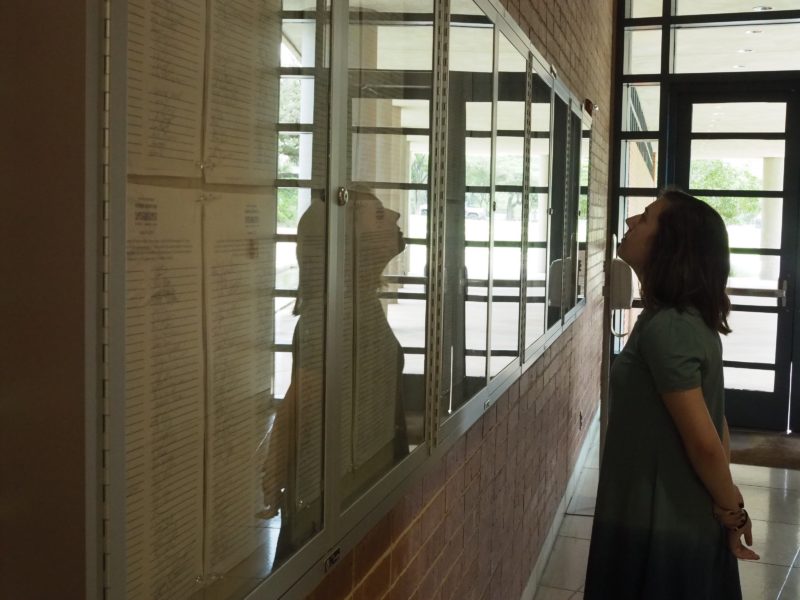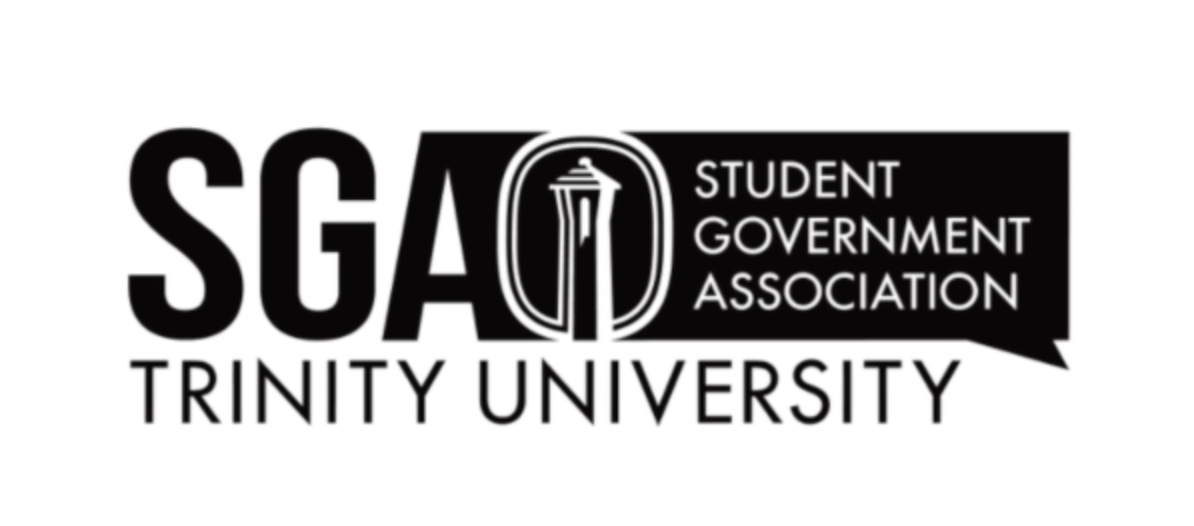The Academic Honor Code is an important part of the Trinity community. Because of this, the university will now invite families to watch first-year students sign it at the convocation in Laurie Auditorium during New Student Orientation. Administrators decided the presence of students’ families may influence first-years to be more attentive to the code, as incoming students tend to be its biggest offenders.
“We determined that we could save many families from taking off an extra work day by shifting move-in [day] to Friday and using Saturday for some more orientation sessions,” said David Tuttle, dean of students, in an email interview. “This allowed us to look anew at the schedule for students and we saw an opportunity to try to add a new wrinkle to the convocation. It is meant to be the real kickoff of the academic experience and for families, it is intended as a bookend to graduation in four years.”
Most of the cases that the Academic Honor Council deals with come from first-year students. Jordan Koeller, junior and internal chair of the Honor Council, explained why he thinks this is the case in an email interview.
“It is true that most of our cases come from first-year students,” Koeller said. “It’s not because they’re a bad bunch, many just come from places with different standards and so make mistakes.”
Although many first-years are sent to the council, it’s often on account of professors and the different policies that they may have. The Honor Council does not seek out violations of the code.
“In the 2015″“2016 academic year, 34.3 percent of the students found responsible for breaking the academic honor code were first-years,” said Kristen Rundstein, external chair of the Honor Council, in an email interview. “One thing I would like to make clear is that the vast majority of students are sent to the Honor Council by professors, and that the Honor Council itself isn’t searching for rule breakers because we are not an investigative body.”
Many students who are found responsible of breaking the academic honor code do not even know that they are in violation of the code, so students should make sure they know what the policies are. Co-chairs Koeller and Rundstein offered advice to incoming first-years who want to avoid getting into trouble with the council.
“Start your assignments early,” Koeller said. “The vast majority of Honor Council cases come from somebody procrastinating on a paper and trying to cut corners on citations. If you start early, you can give the assignment the time it demands, and most importantly you can ask your professor to double-check that you have completed the assignment correctly. Your professor’s standards are what decide if there is plagiarism or some other violation of the honor code. So show them your work and make sure it meets their expectations before you turn it in.”
Rundstein has similar advice about avoiding problems with professors when it comes to the honor code.
“I recommend that all first-year students bring their first essay down to the Writing Center before turning it in to see if they have any citation or paraphrasing errors,” Rundstein said. The Writing Center is located in the Tiger Learning Commons on the main floor of Elizabeth Huth Coates Library. “Otherwise, we always recommend that you talk to your professor if you have any hesitations about the honor code, what they are looking for in citations, and what authorized collaboration is to them.”
Honor violations can be avoided with a better understanding of the honor code. The code itself, and more information about it and the Honor Council can be found on the university website.





